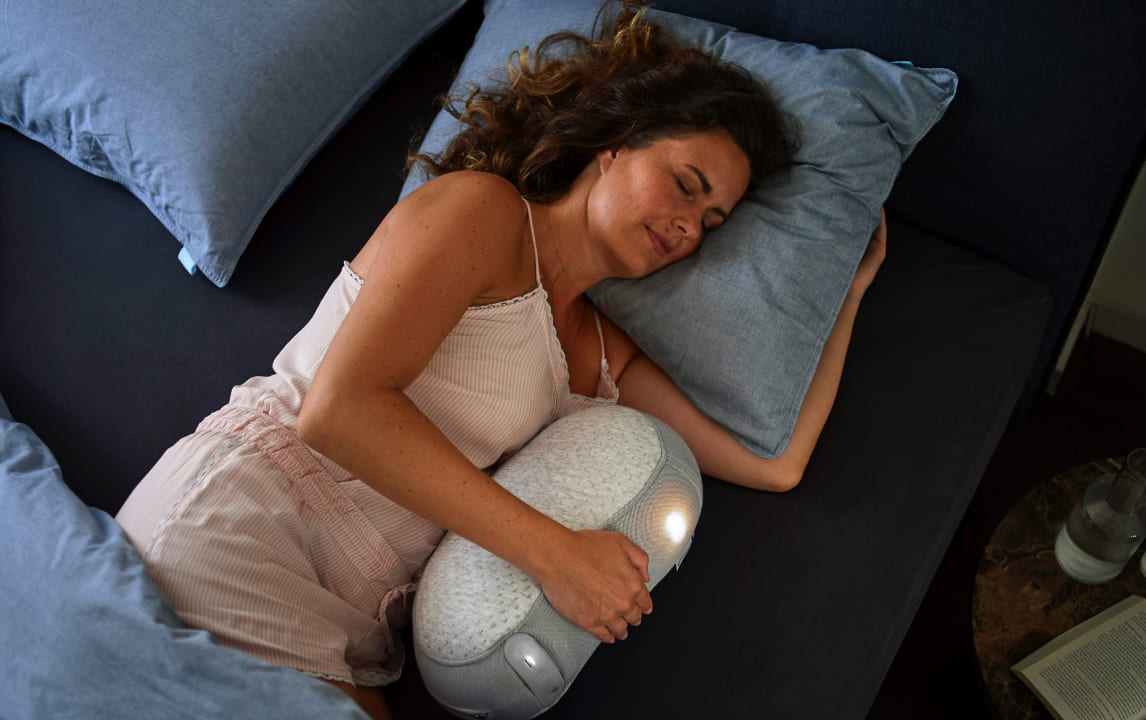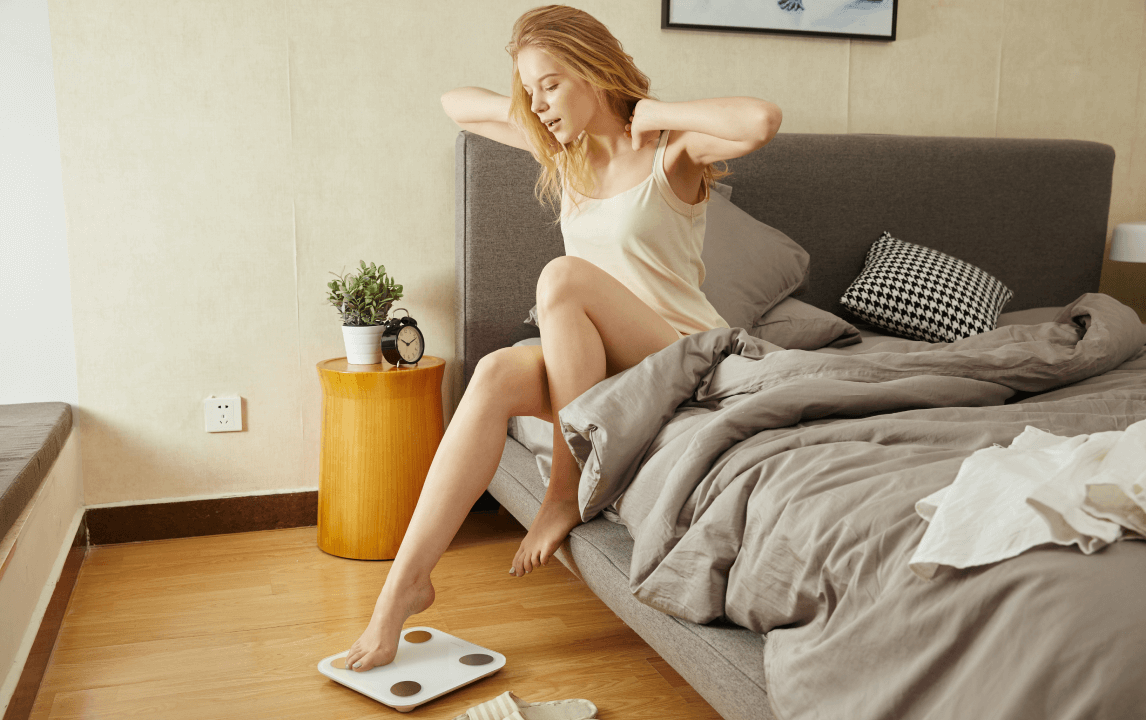*As an Amazon Associate I earn from qualifying purchases. This post contains affiliate links. If you want to buy sth related to health, lifestyle, daily necessities, you can get products at:https://amzn.to/4b4NAiT
Do you find yourself unable to tolerate sounds before sleep? If that is you, then you have hyperacusis, a hearing disorder that makes people highly sensitive to sounds. And the condition is rare that approximately 1 in 50,000 people experience it. So what can be done to improve sensitivity to sound at night?
People with hyperacusis experience pain in the ear, frustration, intolerance to sounds, dizziness, and nausea. Slight exposure to sounds you hate before bedtime can interfere with your sleep.

What Is Sound Sensitivity?
Some people are even sensitive to the sounds made by everyday activities such as talking to friends, watching TV or vacuuming the house, and even get so annoyed that they can’t sleep at night.
Abnormal sensitivity to sound or noise is known in medical terms as aural dysplasia, or hearing impairment. It may disrupt people’s daily lives and disrupt their sleep cycles and making it difficult to process everyday sounds. You might also hear it called sound or noise sensitivity. If you suffer from this disorder, certain sounds can be unbearably loud, even if the people around you don’t seem to notice them.
What Causes Increased Sensitivity to Sound at Night?
The reasons for sensitivity to noise are various. The following are some possible factors:
- Long exposure to loud noise
- Ear or brain damage
- Certain medications like valium
- Chronic fatigue syndrome
- Conditions like migraines, Lyme disease, or ear inflammation

How to Cope with Sensitivity to Sound at Night?
How to cope with sensitivity to sound at night? Here are some helpful treatments to give you some advice.
1. Don’t overprotect against sounds
When you use earplugs or muffs unnecessarily, you are overprotecting your hearing. Overprotection against sounds lowers your tolerance to such sounds.
To reverse intolerance to sounds, only use earplugs and muffs when necessary.
2. Systematic exposure to irritable sounds
Instead of avoiding sounds, take steps to gradually expose yourself to the sounds.
Exposure to sounds you hate will increase your tolerance to cope with sound at night.
3. Use carpets and floor coverings
You can simulate a quiet environment to help you sleep. Close all windows and doors or use carpets and curtains to block noise from outside.
4. Try sound therapy
Listen to white noise before bedtime. White noise can block variable noises and provides a soothing effect that helps you to sleep.
Try listening to sounds of radio static, or a running air conditioner.
5. Manage your stress
When a person is under stress, unnecessary sounds become irritable. If this is your case, seek psychological help to manage stress.

Conclusion
If you think you are sensitive to sound at night, seek medical help when symptoms persist. They’ll take your medical history, carefully examine your ears, and give you a hearing test to confirm.









